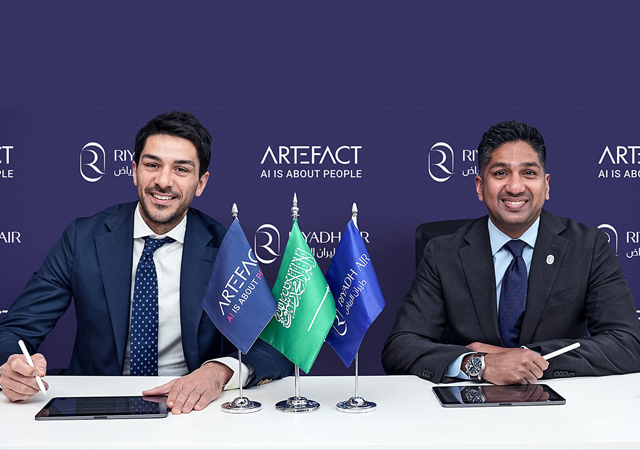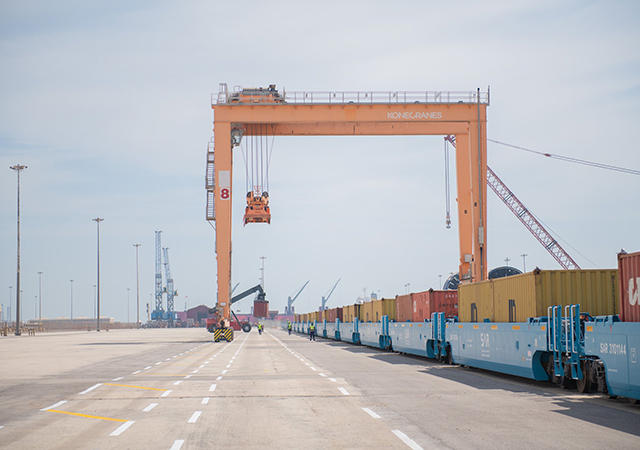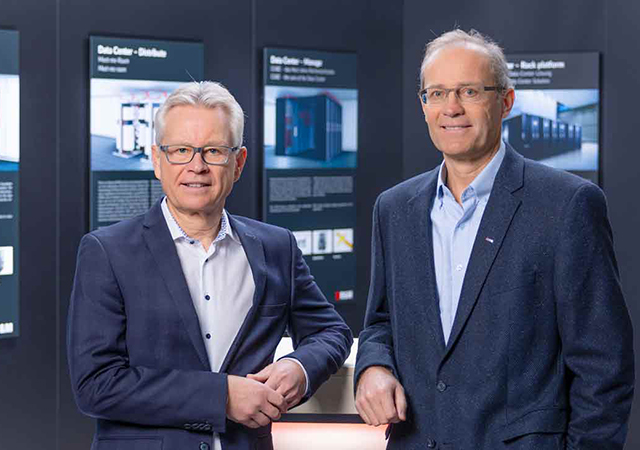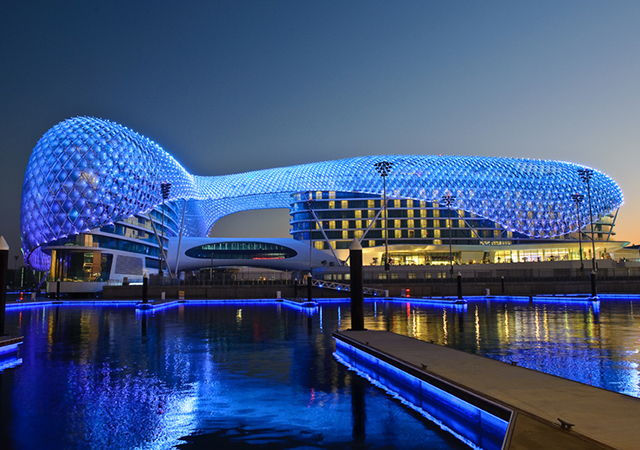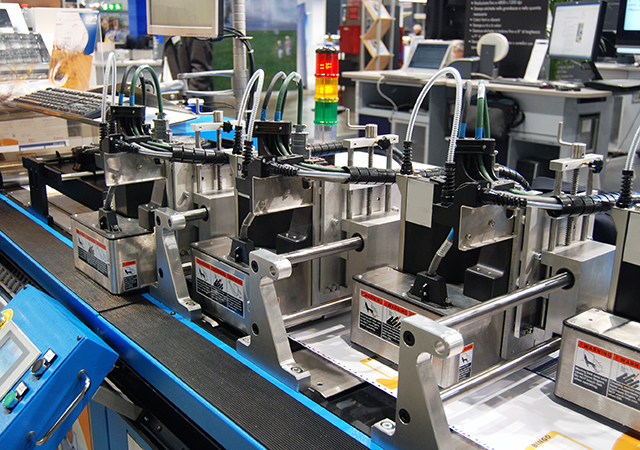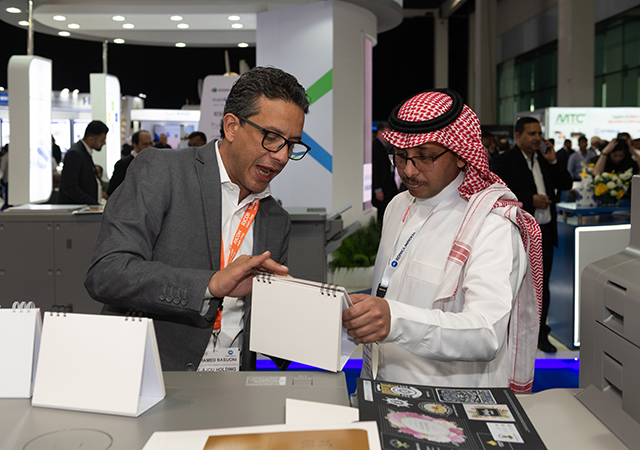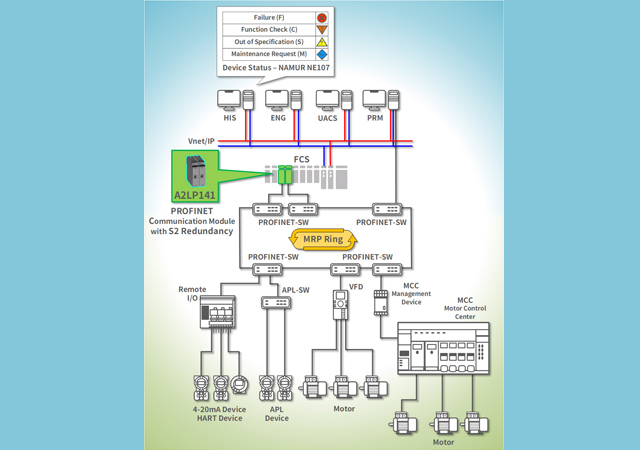

Gulf Industry Magazine helps you catch up with the numbers behind economic and industrial developments in the region.
Bahrain ‘most economically free country’
BAHRAIN remains the Middle East and North Africa (Mena) region’s most economically free country, according to the annual Index of Economic Freedom published by The Heritage Foundation and the Wall Street Journal.
The kingdom was ranked 13th out of 178 economies globally, between the US and the UK which ranked 12th and 14th respectively. It is the only Mena country to rank in the top 20.
The UAE was ranked 28th by the index, followed by Qatar in 30th position, Oman at 48th, Kuwait at 76th and Saudi Arabia at 77th position.
The report highlighted that Bahrain’s “transition to greater openness and diversification is based on foundations of economic freedom,” and that it “continues to be a financial hub for dynamic economic activity, with high levels of trade and investment bolstered by a competitive and efficient regulatory environment.”
Bahrain has improved its economic freedom score in a number of categories at an above-average rate since index grading began 20 years ago, particularly in the areas of financial freedom, investment freedom and labour freedom, said the report.
The 2014 Index of Economic Freedom measures the level of economic freedom on 10 pillars – business freedom, trade freedom, fiscal freedom, government size, monetary freedom, investment freedom, financial freedom, property rights, freedom from corruption and labour freedom.
The report pointed out that Bahrain has a low average tariff rate and relatively few non-tariff barriers, a favourable tax regime with most businesses exempt from taxation and no personal tax.
GCC to register solid growth
THE ongoing challenges in countries undergoing transition – including Egypt, Jordan, Libya, Morocco, Syria, Tunisia and Yemen – will continue to affect economic performance in the Middle East and North Africa (Mena) region, according to a report.
Although growth could rise to 4 per cent in 2014 from 3 per cent in 2013, growth in most transition countries will remain below par, averaging closer to 3 per cent, said the National Bank of Kuwait in its 2014 outlook.
Dubai’s real non-oil growth rate is currently around 5 per cent on the back of a rapid expansion in its real estate, tourism, trade and financial sectors, it stated.
In the resource-rich GCC region, by contrast, growth prospects remain favourable, supported by high oil prices, a steady flow of government development spending and – in some cases – an increasingly buoyant private sector.
The real GCC non-oil GDP growth is forecast at around 5.5 per cent per year in 2014 and 2015, 0.5 per cent points higher than in 2013, it stated.
Flexitime ‘key to retaining top staff’
A MAJORITY (74 per cent) of employees in the Middle East would choose one job over another similar one if it offered flexible working, a report said.
A staggering 71 per cent confirm that flexible working also improves staff retention, added the latest survey by Regus, the global workplace provider.
Recruitment is an expensive process that many global businesses are keen to reduce, the report noted.
A recent report by the Hays Group attributed the high rate of staff turnover in the Middle East to the 52 per cent of respondents that felt that their employers did not offer a good work: life balance.
While employee retention has been reported as a priority for more than one third of businesses, flexible working provides a solution to firms to slash hiring costs and attract and retain top staff, according to the report.
The survey, canvassing the opinions of more than 20,000 senior executives and business owners across 95 countries, confirms that in the Middle East flexible working can be used to avoid employee churn (and the consequent expense of recruitment agencies) as 67 per cent of respondents point to flexible working as a perk that attracts top talent.
The research also found that 66 per cent of respondents say offering flexible working makes employees more loyal; 54 per cent of workers would actually turn down a job that ruled out flexible working; 58 per cent say they would have stayed longer in their last position had flexible working been an option.
GCC consulting market to ‘grow fastest’
THE GCC consulting market is expected to be the fastest growing in the world this year, according to a recent report.
The findings published in a report from Source Information Services, a leading information provider about the management consulting market, said despite a shortage of local talent, the GCC consulting market grew by 20 per cent to $1.9 billion last year.
It also pointed out that the colossal US market (worth $39 billion in 2012) is expected to be the fastest growing western consulting market.
The report ranked each market for overall attractiveness against three factors – its growth potential in 2014, how easy it is to attract and retain talent, and the prices that consulting firms can command.
The GCC market was followed by those in Eastern Europe and Russia, China, the US, Brazil and Africa.
Edward Haigh, director of Source and an author of the report, said: “The GCC is a market in which clients everywhere are trying to do a lot, very quickly, with very few people, and those are conditions in which consulting markets thrive.
Lower spending ‘may slow down growth’
SAUDI Arabia’s government spending is likely to witness a sharp slow down in 2014 thus signalling the kingdom’s efforts to curb expenditures after years of huge increases, said a report.
The overall expenditures are budgeted to rise by a modest four per cent this year in budget-on-budget terms, compared to the 19 per cent leap envisaged in the 2012 and 2013 budgets, according to the National Bank of Kuwait (NBK).
The targeted rise in spending is also the lowest rate seen in the past decade, signalling efforts to curb expenditures after years of huge increases, it stated.
“After growing at an average rate of 8 per cent over the past decade – fuelled by average government spending increases of 14 per cent per year – we expect real non-oil GDP growth to reach around 4-5 per cent this year. Going forward, this implies a greater role for the private sector in supporting growth,” the report added.
According to NBK, the slowdown in budgeted spending growth comes from both the current and capital spending segments.
Current spending – which accounts for around 70 per cent of all spending – is projected to rise by 14 per cent to SR607 billion. Although still very strong, this is a much slower pace than in recent years.


